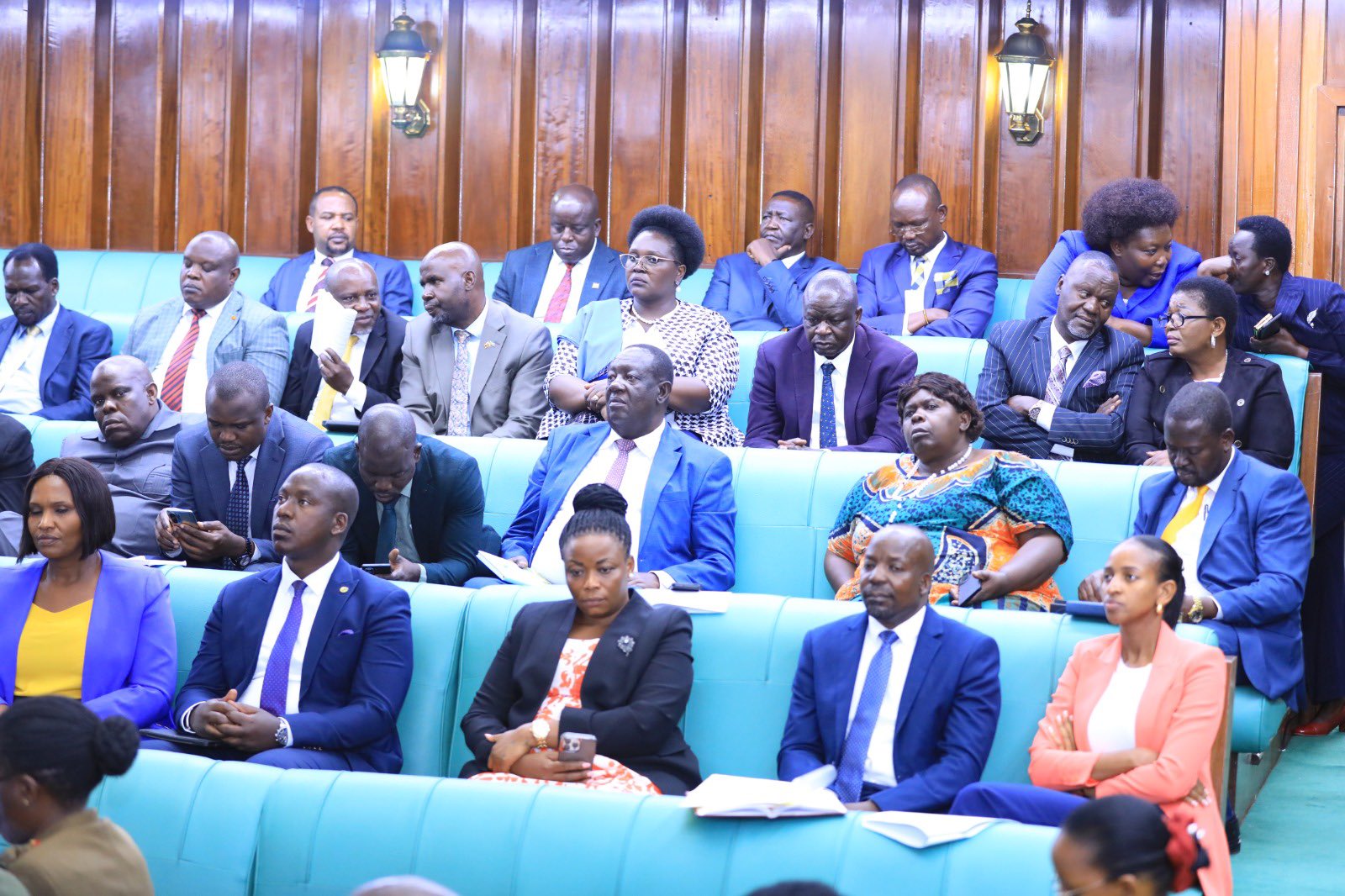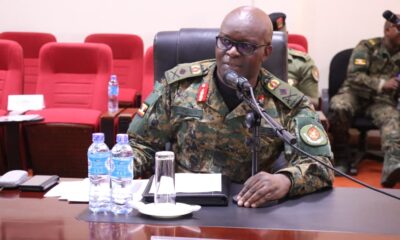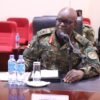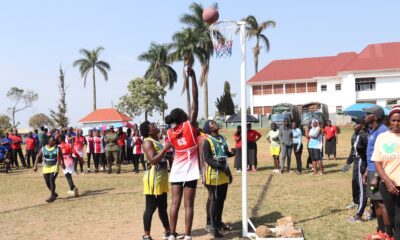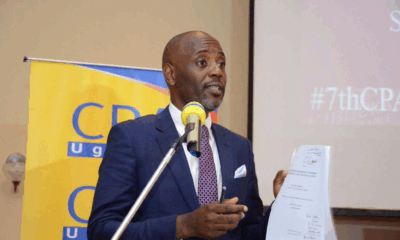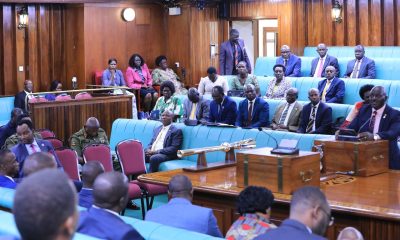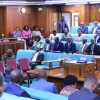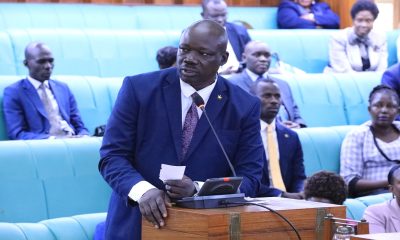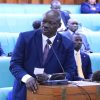Parliament
Parliament Pass UPDF Amendment Bill, Allowing Civilian Trials in Military Courts Despite Supreme Court Ruling
A contentious new piece of legislation, the Uganda Peoples’ Defence Forces (UPDF) Amendment Bill, 2025, has received parliamentary approval, a move that would permit the trial of civilians in military courts. This development comes despite a recent Supreme Court ruling declaring such trials unconstitutional, sparking significant debate and concern among legal experts and opposition lawmakers.
The proposed bill aims to revise the Uganda Peoples Defence Forces Act of 2005, seeking to redefine service offenses, court-martial structures, and the composition of the defense forces. Crucially, it reintroduces provisions for the trial of civilians in military courts, a contentious point that led to the withdrawal of an earlier version of the bill.
On January 31 of this year, the Supreme Court unequivocally ruled that trying civilians in military courts was unconstitutional. This decision reportedly “irked” President Yoweri Kaguta Museveni and prompted the withdrawal of the initial UPDF amendment bill, which had been tabled in parliament in December of last year. However, the reintroduction of civilian trials in the current bill, which was sent to the joint committees of Legal and Parliamentary Affairs and Defence and Internal Affairs last week, signals a direct challenge to the Supreme Court’s pronouncement.
In their report presented to Parliament on Tuesday, the majority of Members of Parliament from the ruling National Resistance Movement (NRM) party endorsed the amendments with minor adjustments. While acknowledging the Supreme Court’s ruling, the committee concluded that civilian trials in military courts could occur in “exceptional circumstances,” provided there are safeguards for fairness.
“The Committee acknowledges that military trials apply to officers and personnel within the defence forces, but they also address elements of national security,” the report stated. “As a result, civilians can engage in actions that usually impact national security, which are typically reserved for those under military law. The reasoning for establishing offences in the UPDF Act that hold civilians criminally liable is to safeguard national security.”
However, the committee itself raised concerns that the “exceptional circumstances” outlined in the bill were not sufficiently defined and thus “ripe for abuse.” They specifically highlighted paragraph (d), which permits the trial of civilians for aiding and abetting military personnel in serious crimes like murder, aggravated robbery, kidnapping, treason, and cattle rustling, as needing adjustment due to its failure to specify the elements of these offenses, potentially compromising the “legality principle” of the Constitution.
Further concerns were raised regarding judicial independence within military courts. The committee noted that while the bill provides for legal qualifications and a legal department, the “vague” roles and functions of the Military Court Department, which includes the head of the General Court Martial as chair alongside a military prosecutor and defence counsel, could undermine accountability and judicial impartiality. “This overlap of judicial and prosecutorial roles is seen as a violation of natural justice principles,” the report cautioned.
The committee also took exception to a clause allowing the Chief of Defence Forces (CDF) to temporarily elevate the rank of a Court Martial chairperson to match that of a higher-ranking defendant. They warned that this could lead to “bureaucratic delays and allow manipulation of the justice process,” potentially incentivising judicial officers to prolong proceedings to retain benefits.
Recommendations from the majority report include extending the term of presiding officers of courts-martial from three to five years, renewable, and a greater role for the Judicial Service Commission (JSC) in vetting presiding officers. Currently, members are appointed by the High Command with consultation from the JSC, a system that the committee believes grants the High Command “broad powers” and raises “serious doubts about the members’ independence.”
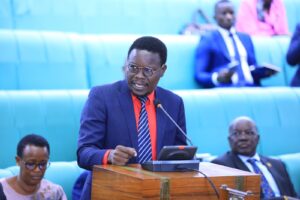
Erute South MP Jonathan Odur
Meanwhile, two significant minority reports have been filed, expressing strong opposition to the bill. One, authored by Erute South MP Jonathan Odur, argues that the entire bill is “riddled with illegalities” and undermines the separation of powers. Odur’s report cautioned against granting such broad powers, urging MPs to consider future presidencies: “Let it sink in our minds that at any one point soon in our lifetime, Uganda will have another President other than H.E. Museveni… Please reflect carefully on each one of them; their soberness, fidelity to the law, ideology, actions, sentiments, service record, etc., and imagine what each one of them is capable of using such provisions in the Bill.”
The second minority report, signed by 13 out of 21 MPs, led by Busiro East MP Medard Lubega Sseggona, raised eight key objections. These include contravention of the Constitution, illegality in military trials, offending the doctrine of separation of powers, lack of public participation, unconstitutional expansion of Military Court jurisdiction, constitutional limitations on Parliament’s powers, lack of independence and impartiality of the courts-martial, and non-compliance with judicial advisory orders of the Supreme Court.
This report emphatically states: “The minority unanimously think that the General Court Martial and other military courts do not have constitutional jurisdiction to try civilians or adjudicate non-disciplinary criminal offences even if committed by members of the Uganda People’s Defence Forces… Military courts are therefore internal disciplinary bodies, not general criminal courts, and cannot override the constitutional mandate that all Criminal justice… lies exclusively with the ordinary Courts of Judicature.”
As the bill proceeds through Parliament, the deep divisions and legal challenges it presents are set to dominate the legislative agenda in the coming days.
Comments



